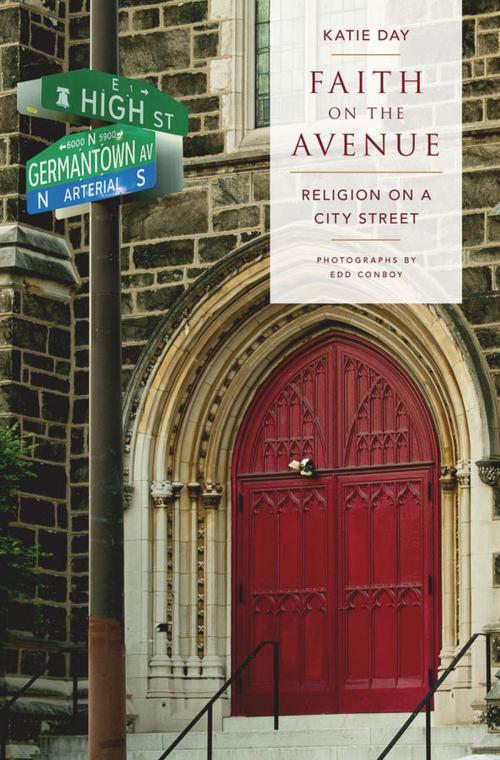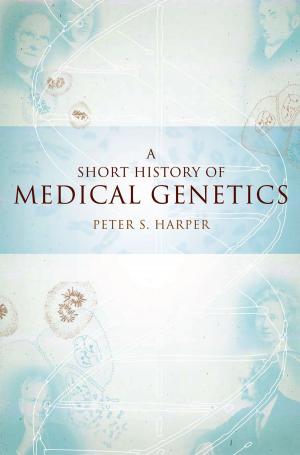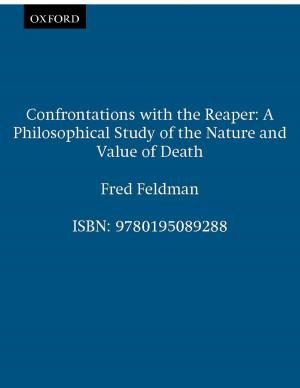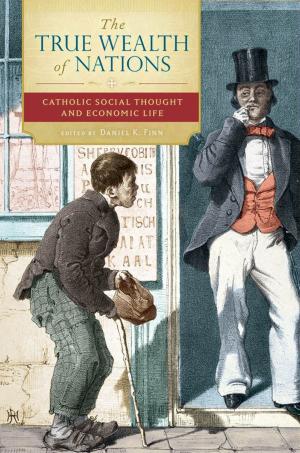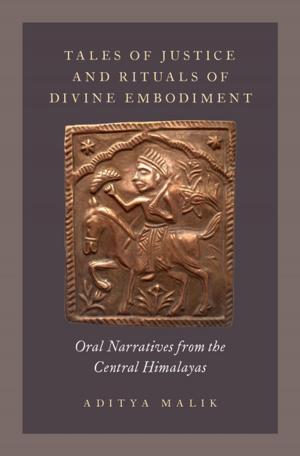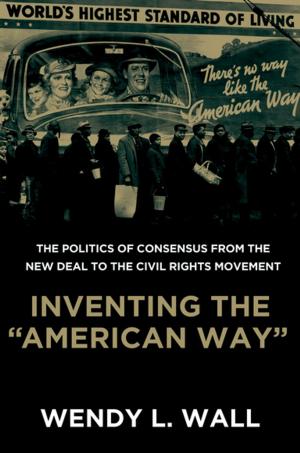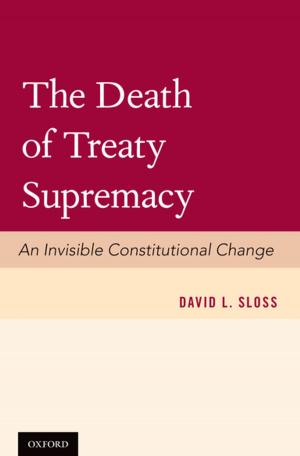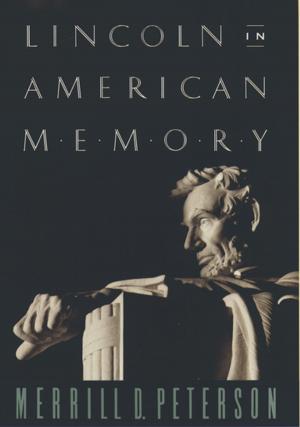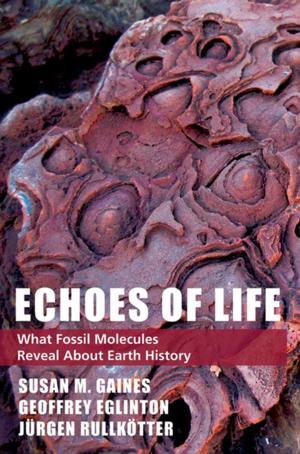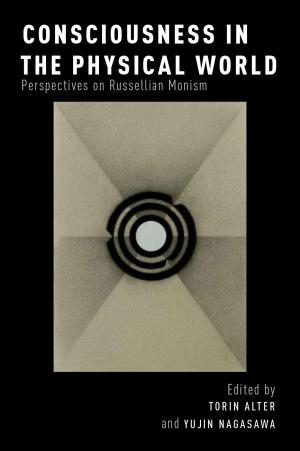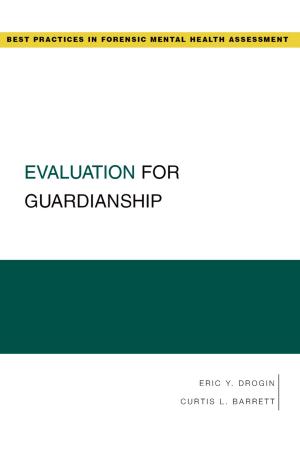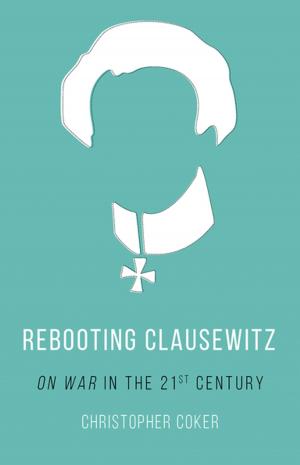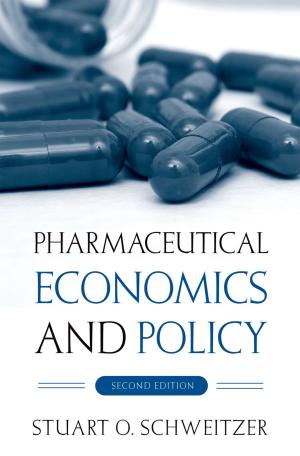Faith on the Avenue
Religion on a City Street
Nonfiction, Religion & Spirituality, Reference, Comparative Religion, Social & Cultural Studies, Social Science, Sociology, Urban| Author: | Katie Day | ISBN: | 9780199366880 |
| Publisher: | Oxford University Press | Publication: | December 5, 2013 |
| Imprint: | Oxford University Press | Language: | English |
| Author: | Katie Day |
| ISBN: | 9780199366880 |
| Publisher: | Oxford University Press |
| Publication: | December 5, 2013 |
| Imprint: | Oxford University Press |
| Language: | English |
In a richly illustrated, revelatory study of Philadelphia's Germantown Avenue, home to a diverse array of more than 90 Christian and Muslim congregations, Katie Day explores the formative and multifaceted role of religious congregations within an urban environment. Germantown Avenue cuts through Philadelphia for eight and a half miles, from the affluent neighborhood of Chestnut Hill through the high crime section known as "the Badlands." The congregations along this route range from the wealthiest to the poorest populations in Philadelphia. Some congregants are immigrants who find safety and support in close fellowship, while others are long-time residents whose congregations work actively to provide social services. Cities undergo constant change, and their congregations change with them. As Day observes, some congregations have sprung up in former commercial strips, harboring new arrivals and recreating a sense of home, and others form an anchor for a neighborhood across generations, providing a connection to the past and a hope of stability for the future. Drawing on years of research, in-depth interviews with religious leaders and congregants, and a wealth of demographic data, Day demonstrates the powerful influence cities exert on their congregations, and the surprising and important impact congregations have on their urban environments.
In a richly illustrated, revelatory study of Philadelphia's Germantown Avenue, home to a diverse array of more than 90 Christian and Muslim congregations, Katie Day explores the formative and multifaceted role of religious congregations within an urban environment. Germantown Avenue cuts through Philadelphia for eight and a half miles, from the affluent neighborhood of Chestnut Hill through the high crime section known as "the Badlands." The congregations along this route range from the wealthiest to the poorest populations in Philadelphia. Some congregants are immigrants who find safety and support in close fellowship, while others are long-time residents whose congregations work actively to provide social services. Cities undergo constant change, and their congregations change with them. As Day observes, some congregations have sprung up in former commercial strips, harboring new arrivals and recreating a sense of home, and others form an anchor for a neighborhood across generations, providing a connection to the past and a hope of stability for the future. Drawing on years of research, in-depth interviews with religious leaders and congregants, and a wealth of demographic data, Day demonstrates the powerful influence cities exert on their congregations, and the surprising and important impact congregations have on their urban environments.
